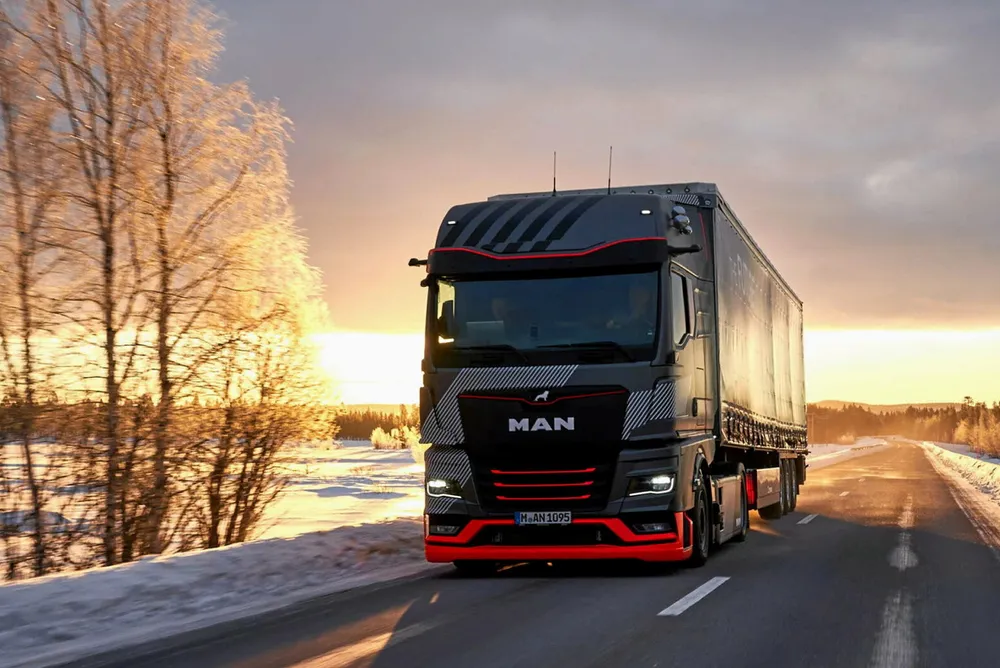'Far too expensive' | Europe’s second-largest truck maker says hydrogen will not be a major road freight fuel
MAN CEO expects commercial vehicles to be mainly battery electric in the future, with H2 being marginal and focused on extremely heavy loads
